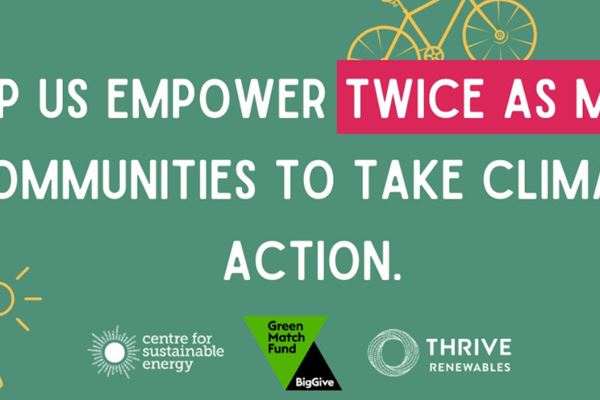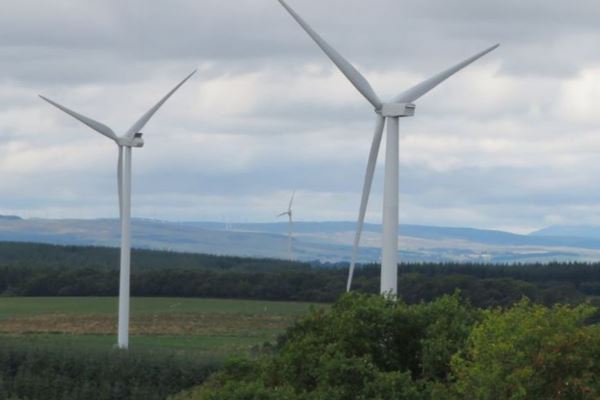As the world’s gaze moves away from the climate crisis, what will be the legacy of COP26? Will Glasgow have given governments the confidence to return home and be ambitious with policies to address climate change, to make the tough calls? Will those who have made bold pledges be congratulated for leading the way, addressing the threat of climate change and future proofing their national interests?
What went on outside the main meeting spoke volumes. In particular the thousands of people from all over the globe who gathered in Glasgow to exercise their rights as citizens and make their voices heard. The focus of the world was on them and they made the most of that, highlighting the desperate nature of the climate emergency to the general public, moving the debate forwards significantly and hopefully inspiring action.
There were a number of side deals outside the main negotiations which also look encouraging, assuming those involved deliver on their promises. In particular the pledge to end deforestation by 2030 and end overseas financing of coal. Many deals had been struck ahead of the talks also, leading to 90% of the globe now covered by climate targets, up from just 30% three years ago.
The promised new inflow of billions of dollars of private finance directed towards net zero globally as part of the new ‘Glasgow financial alliance for net zero’ generated headlines. But whilst on the face of it this is a positive step, mainstream banks and financial institutions are still funding fossil fuels.
In terms of the Glasgow Climate Pact itself, although it was sadly watered down at the last minute, all countries admitted for the first time in the history of COP that fossil fuels are the primary cause of climate change and need to be ‘phased down’. Countries agreed to meet next year in Egypt to consider even more ambitious targets.
While this statement seems underwhelming to those of us who have been working for decades to reduce carbon emissions, it is another significant step forward. We can now hold governments to account as they make vital decisions in the coming months on 'coal, cars, cash and trees'. Will they make the right choices? We will watch with interest. In the meantime we continue to fund, construct and operate clean energy projects which avoid harmful carbon emissions, doing our bit to build a better future.



